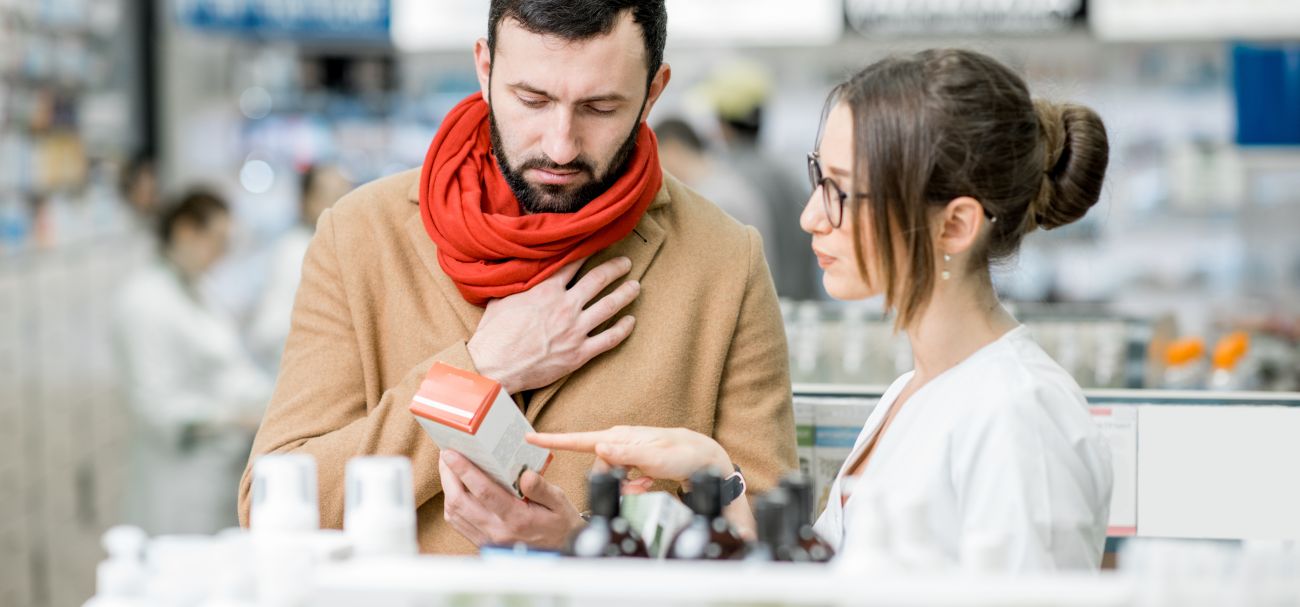
Self care
Pharmacists have insight into how people manage their medicines- especially those with chronic conditions, so the perspective of pharmacists should be taken into account when creating self care policies. European pharmacists have the competence to lead the self-care agenda.
Community pharmacists are at the heart of healthcare, providing a wide range of professional services to citizens of EU Member States. The range of essential service provided includes participation in health promotion campaigns, one-to-one advice on how to maintain good health and avoid illness, help for those who wish to quit smoking, and advice on when self-care including self-medication is appropriate, Community Pharmacists are also of course responsible for the dispensing of prescriptions written by other health professionals with, when necessary and appropriate, advice on the importance of adherence to medicinal therapy.
Community pharmacists play a significant role in supporting patients in self-care, which broadly speaking encompasses:
- Hygiene advice (general and personal),
- Nutrition advice and counselling (type and quality of food eaten, etc),
- Lifestyle advice and counselling (sporting activities, leisure, etc.),
- Self-medication support.
Downloads
PGEU-AESGP Collaboration Charter
Pharmacy Education in Self Care
All Policies